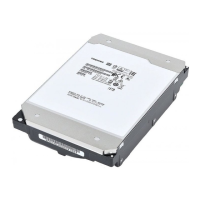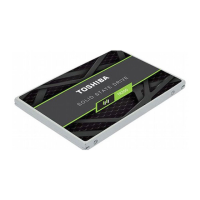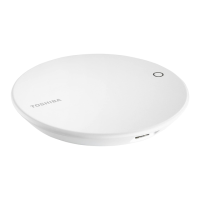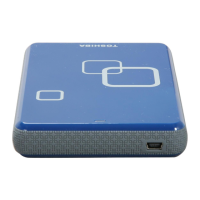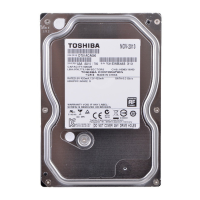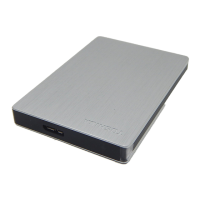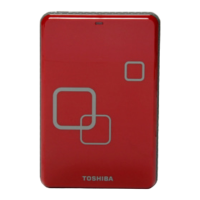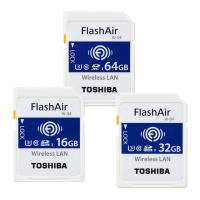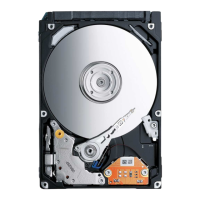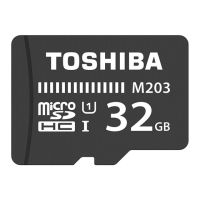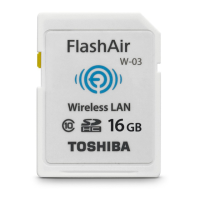- 152 -
when the telecommunication is provided. See chapter
Relay application:
Command distance protection
.
‡Note: For more information about the ARC function, see chapter
Relay application:
Autoreclosing function
.
§Note: For the transient fault, the power transmission could be recovered transiently by
the operation of the ARC function, whereas the zone1X cannot operate effectively
for the permanent fault (i.e., more of the network will be lost than necessary). We
recommend one to use the DISCAR function when the DISCAR function is
available.
2.10.9 Tips to set the distance zones for multi-terminal lines
(i) Setting for reverse zones (Zone4 served as a backup relay)
Suppose multi-terminal lines (AJ, FJ, and JK) are configured behind the busbar A, as shown
in Figure 2.10-57. The line AB may be required to protect with the remote-backup relay
(S or O)
together with the main (primary) relay
(X)
. However, the zone4
(W)
may operate more effectively
than the zone3
(S)
. That is, it is difficult for the zone3
(S)
(or the zone3
(O)
) to service a remote
backup relay for the line AB once a fault occurs on the line AB, because a fault current is fed
from several busbars. On the other hand, the fault current feeding will not influence the
operation of the zone4
(W)
.
Figure 2.10-57 Reverse zone protection for multi-terminal lines
(ii) Setting for the primary zone (Zone1 and a junction)
Suppose that a line CJ is connected at line AB at junction J, as shown in Figure 2.10-58. The
zone1
(S)
may underreach due that busbar A has feeding current from the far end, whereas, the
zone1
(S)
is not allowed to overreach for any fault on the busbar B. Hence, the zone1
(S)
must be
set so that it can operate correctly for any faults within the protected zone even if a power
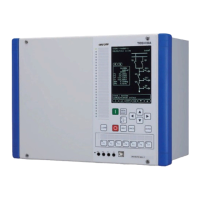
